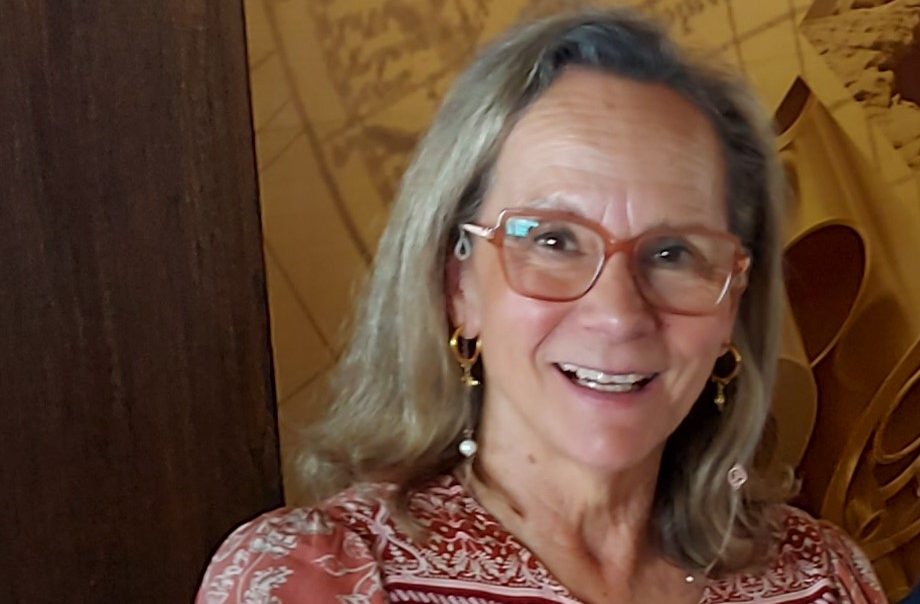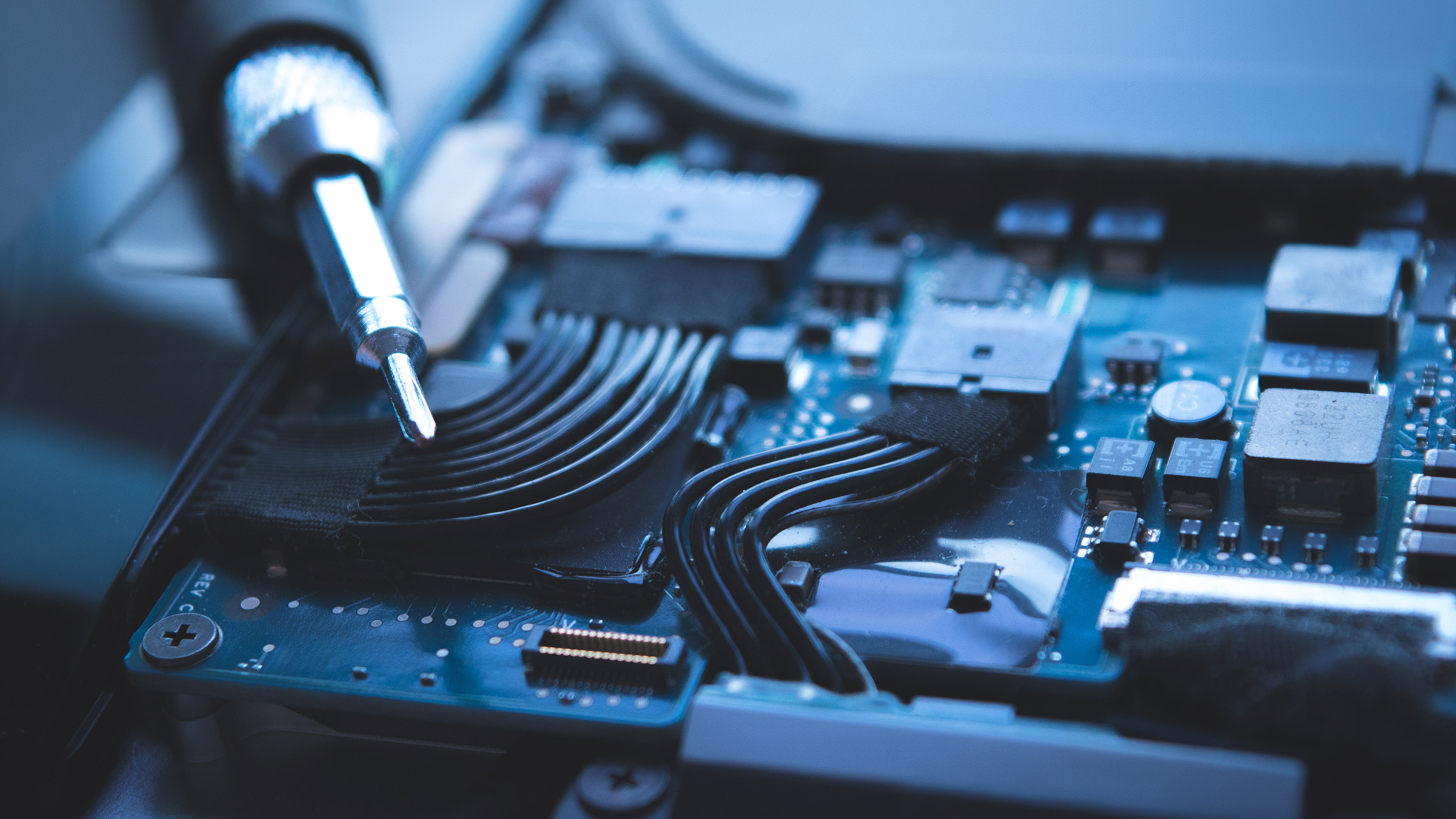ElectroScience: Maria Teresa Correia Barros, IEEE Life Fellow

Teresa Correia de Barros has an extensive curriculum, having held various leadership positions throughout her professional career and conducted research in the field of energy, mainly in high-voltage engineering, electromagnetic transients, and power quality. Due to her scientific contributions, having published over 200 papers and supported the academic training of numerous students, primarily through supervising theses, she was distinguished with the titles of IEEE Fellow (in 2000) and IEEE Life Fellow (in 2018), along with many other national and international recognitions. Although it is not possible to cover all the positions and distinctions in this article, in an interview with the Department of Electrical and Computer Engineering, the researcher shared a bit of her journey, starting with the choice of her degree in Electrical and Computer Engineering.
The researcher recalls that the choice of course was influenced by her strong passion for physics, which led her to attend lectures by Professor Rómulo de Carvalho on various topics in the field during Saturday afternoons when she attended high school. However, her interest in her research area grew throughout her degree: "In the third year, I fell in love with energy-related topics."
My research focused on determining the most intense dielectric stresses that electrical power systems, particularly high-voltage lines, are subjected to, and the sizing required to ensure the system can withstand these transient conditions.
Teresa Correia de Barros, IEEE Life Fellow
Teresa Correia de Barros was a pioneer in researching the corona effect, studying the behavior of air when the electric field is much stronger around high-voltage conductors. On the other hand, she has also worked "in the area of understanding lightning discharges and how to protect ourselves, particularly not only the safety of people and property but also the operation of electrical systems," with the goal of designing lines that continue to function efficiently after such occurrences.
Having knowledge of energy propagation in the air, Teresa Correia de Barros also dedicated herself to studying propagation in other media, including underwater infrastructures, and is currently working with PhD students from Rio de Janeiro in this area.
Leveraging my knowledge of propagation in overhead lines, I moved to submarine cables.
Teresa Correia de Barros, IEEE Life Fellow
However, her dedication to teaching did not stop at academia; she assumed the vice-presidency of the Scientific Council of Técnico from 1987 to 1989, the direction of the energy and systems scientific area from 1989 to 1991, and the vice-rectorship of the Technical University of Lisbon from 1999 to 2001, among other positions. She participated in the drafting of the statutes for the Technical University of Lisbon (UTL) and the Instituto Superior Técnico, and was also responsible for promoting inter-school research, international relations, including managing the Erasmus programs, and the image of UTL. "It was a very positive experience," she emphasizes, highlighting that it was an opportunity to acquire a deeper understanding of the Technical University and the Instituto Superior Técnico.
In the same year that she completed her term as vice-rector, she was invited to join the Executive Committee of Labelec, part of the EDP Group – Energias de Portugal, where she was responsible for research, development, and testing. "It was interesting because the invitation was phrased like this: 'We would like you to transform this company into the catalyst for technological development within the EDP group.'" Agreeing with the need for innovation, the researcher states that her goal during her time at the company was "always to invest in things that no one else was doing," focusing on developing technology to address cutting-edge problems.
It allowed me to gain industrial experience and see the problems as an engineer, not just from an academic and research perspective. (…) It gave me the added value of understanding the reality.
Teresa Correia de Barros, IEEE Life Fellow
Discussing her research in power quality, Teresa Correia de Barros explains that "as electronics began to invade industrial systems, they became much more sensitive to the voltage signal on the network, and certain disturbances in the signal could cause equipment to shut down without any power failure." Thus, the goal is to optimize the operation of the electrical grid. Still, in the study of the electrical grid, she also conducted research on earthing systems, which allow energy to flow into the ground in the event of a fault or short circuit, without raising the equipment's potential, a topic that has presented many optimization challenges.
Throughout her career, Teresa Correia de Barros has presented her research and discussed the challenges and technological advances in the energy sector at various international conferences and lectures, having been a member of the organization of many of them. When asked how she perceives the fact that women are a minority in this research field, with the difference being quite noticeable in the events she attended, the researcher emphasizes that gender has never prevented her from using her abilities, as demonstrated by the various positions and responsibilities she has held throughout her career.
I always thought that if I felt equal, I was equal, and I think we need to instill this in girls. Equality starts within us, not out there.
Teresa Correia de Barros, IEEE Life Fellow
In conclusion, she highlights the importance of encouraging girls to pursue careers in engineering through demystification and by showcasing female figures who contribute to technological progress, emphasizing that gender is not an obstacle to reaching top positions. Thus, Teresa Correia de Barros underlines that professional results are strongly influenced by how people perceive themselves: "In the professional world, I am a professional; I never accepted being labeled as a man or a woman."
